Cautious Optimism
In the midst of the hoop and ha about a New Year and the holidays, taking a cautiously optimistic approach felt most appropriate. By nature, optimism is at the core of my belief system—but it felt necessary to add caution to the front of it. Caution about wind is something felt on a cellular level by most Californians. Although fires are nothing new to this state, a quick comparison of the acres burned in my birth year, 1990, vs. 2024 shows a dramatic increase from 365,200 acres to 1.5 million. It would be a bold-faced lie to say the concern for fires wasn’t looming overhead like a dark cloud, particularly when I’m out of state, and my pets are home with a sitter.
It’s clear that I am no politician, but I do wonder why essential funding for the fire department was cut by 2% prior to the Palisades fire. I understand budgeting at a fairly fundamental level and have felt the pain of inflationary overhead costs, particularly on the sidelines of a client meeting where a colleague is being grilled over every single operating expense. Quite frankly, the increase in costs is out of our control, much like the California wildfires.
Thin margins are something I also fundamentally understand. With California ranking fifth globally in GDP, I don’t necessarily get the sense that margins fall into the unhealthy category. This leads to the main point of contention: why would the fire department budget be cut, and why on Earth would overtime for firefighters be slashed? If a firefighter is doing overtime, I’d assume it’s for a very good reason—i.e., a fire.
I don’t pretend to know better than the government, and I’m not here to make that claim. I supervise a relatively small team, and after years of experience in both large corporations and the smaller company I’m in now, I see disconnects in both settings. I’m positive this happens in government too. I’m not making excuses, but there’s something to be said about the disjointedness between local and state governments. I’m hardly a fan of Newsom, but as a professional in the Bay Area, keeping up with the new laws rolled out multiple times a year in each city is enough to keep me busy on its own.
The negligence we see from a high-level view appears to be a systemic issue. Our system isn’t set up for success. Nothing is centralized, everything is localized, and quite frankly—it’s a lot to keep up with.
As a UC Berkeley study pointed out, prescribed burns and forest thinning are critical to reducing wildfire risk and restoring forest health. But just as suspected, the number one issue that I also face on a weekly basis—one we, as Californians, face collectively—is finding a path toward these solutions with an untrained labor force. We can all bark at Newsom all we want, and trust me, I do too—but there are so many layers of complications he’s dealing with. This is by no means me siding with him, just adding context to the reality that our system is deeply flawed, and we need more people who genuinely give a damn.
Cleaning up the floors of the forests in California seems like a lofty goal. I’m unsure how it can be done systematically unless we employ robots to clean the forest floor, and even that feels far off. Prescribed burns and thinning projects, though proven effective, are often stalled by bureaucratic hurdles and resource shortages. It’s a frustrating cycle, and I’m not convinced that any real progress will be made without a significant overhaul of priorities and funding at the state level.
The economy has been staunch and not pretty to look at, but one would hope the one place California wouldn’t skip on is the fire department budget. On a high note, I’m pleased to hear that the LAPD budget was increased—thank you for that, Karen Bass.
In July of 2024, State Farm, in its affinity to make a profit as most companies wouldn’t care to have such high risk rolled into their business model, dropped 1,600 California policies. Insurance companies leaving homeowners holding the bag isn’t something new, and it’s a trend we’re all familiar with by now. The concern for homeowners regarding companies’ willingness to insure properties is surely going to be affected more greatly by the events of this past week, and all I can hear in the background are the ripple effects from it.
After getting a glimpse of operational costs for buildings in California, which already have inherently thin margins, I gasp at the thought of property insurance skyrocketing even more. In some instances, insurance has become five times the price it was before COVID; three times is a safe average. 11 days into the year, and I feel the storm brewing. In cautious optimism, at least storms can be pleasurable at times—but typically not in property management.
Even with all the frustration, I can’t let go of cautious optimism. The system is flawed—deeply flawed—but that doesn’t leave us powerless. Change starts with demanding better: transparency in how public funds are spent and accountability from those managing them. Why do essential services like fire protection face cuts while wasteful spending slips through unnoticed? It’s maddening, but it’s also a problem we can tackle.
This isn’t just venting. It’s a rallying cry—for me, for you, for anyone who refuses to accept the status quo. Call your local representatives. Ask the hard questions. Push for reforms that prioritize safety today and sustainability for the future. Progress isn’t guaranteed, but together, we can turn cautious optimism into meaningful change.

